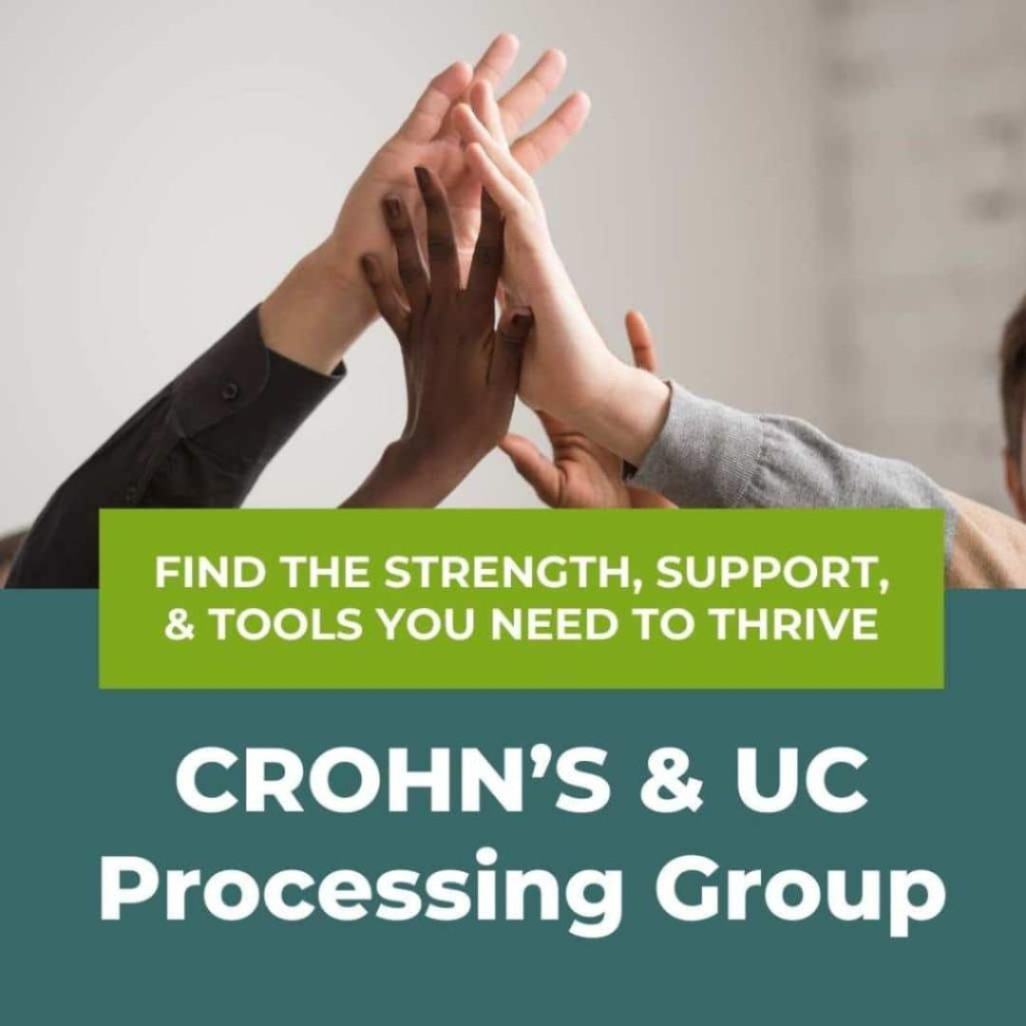September 21, 2015
7 Steps toward Greater Self-Acceptance & Self-Compassion
Written by Rachel Eddins
Posted in Emotional & Mental Health and with tags: confidence, self care, self-compassion, self-esteem

From magazines to TV to billboards on the highway, it seems like everywhere you look, there are messages telling you who to be and how you’re not yet there.
From an early age, your family likely influenced you with their own ideas about what success means. You might have learned to hold off on seeing yourself as valuable, or deserving of happiness, until you met someone else’s standard of worth.
By the time you reach adulthood, it can be all too easy to spend so much time judging yourself that you no longer feel comfortable with, or even recognize, who you really are. It’s often the case that jumping over some hurdle of self-improvement doesn’t bring happiness into your life, only more hurdles.
When you learn to accept yourself and treat yourself with self-compassion, you’re acknowledging the light and the dark within you; you’re accepting who you are right now.
Unlike the pursuit of self esteem, the beauty of self-acceptance is that you no longer have to wait to feel a sense of peace.
What is Self-Compassion?
Self-compassion means taking note of your painful feelings and responding to them with acceptance, not rejection. Rather than pushing through a low point by turning away from what’s bothering you, ask how you can best care for yourself when you’re feeling down.
Pressing pause on the judgments you make about yourself can help you become more attuned to what’s really going on in your life.
As it turns out, self-compassion is a more effective motivator than self-criticism.
Compassionate, positive thinking decreases stress and increases your energy levels, enabling you to direct your attention to areas of your life that need a little bit of love. Unlike self-criticism, self-compassion allows you to make those changes without feeling like you need to transform who you are as a person.
Without self-compassion, you might fight to feel good about yourself by putting others down, ignoring your mistakes, or blaming someone else for a problem. This strategy sometimes works in the short-term, but often keeps you from a fuller and richer sense of peace—a peace that encompasses your entire self, flaws and all.
Self-compassion has been correlated with decreased depression and anxiety, increased well-being, and improved coping skills. Interestingly, self-compassion has also been demonstrated to increase compassion toward others.
Self-compassion allows you to start feeling good about who you are now. It can end the isolation that comes with feeling like you’re never good enough.
The Myth of Self-Criticism
There is a harmful social myth swirling around that makes compassion for others so much easier to access than self-compassion. According to the myth, you must be self-critical before you can succeed.
From the carefully manicured social media profiles of your acquaintances, you learn that being successful means looking perfect, throwing wonderful parties, and taking vacations with lots of friends. Getting online can be a great way to connect with friends and family; however, social media can be addicting because it provides what self-criticism teaches you to crave: regular approval.
Although your self-criticisms can feel all-too-real, a whole new set of distant attainments will likely appear once the current standards you’ve set for yourself are met. Approval becomes your only way of evaluating yourself.
The myth of self-improving criticism also fosters the idea that the kindness you extend to others becomes arrogance when turned inward. Within the frame of this harmful funhouse mirror, self-directed shame and regret are mistaken for humility and honesty.
In other words, constant self-evaluation isn’t a tool to help you become who you want to be; rather, it’s often a painful barometer of what and who you aren’t.
Test your levels of self-compassion, take this quiz and find out how kind you are to you.
Self-Blame is the Opposite of Self Compassion
Self-blame is often something that starts in childhood. It can stem from abuse or feeling unloved as a child. That negative self-talk easily carries over into adulthood.
When it does, it leads to constant self-criticism. You might think you’re never good enough for anything. When something goes wrong, it’s your fault.
As you might expect, that kind of thinking can be harmful or even dangerous. It can lead to depression, anxiety, or other mental health concerns.
Emotions are powerful things. But, when they’re harmful, it’s important to learn how to break free.
So, let’s look at a few ways you can stop the self-blame game, and break the chains of self-criticism.
1. Look at Your Whole Self
Typically, when someone blames themselves for something, they’re looking at a small piece of who they are. It might be a particular characteristic—a certain “flaw.”
However, when you do this, you’re reducing yourself down to that particular trait. Instead, try to focus on your whole self. Who are you, as a person?
Try writing in a journal about who you are, and all of your positive traits. Talk to friends and family, and ask how they view you as a person. When you have greater confidence in viewing yourself completely, you’re less likely to let those small pieces of yourself drag you down.
2. Speak Up Against Self-Blame
If someone in your life was treating you poorly, you’d want to stand up to them, right? So, don’t be afraid to do the same thing to that negative inner voice. Talk back to that voice—even out loud, if you’re by yourself.
If it’s trying to blame you for something, argue. Use logic. Remember the positive things about yourself and use those as “arguing” points for that inner-negativity. Don’t go down without a fight. Eventually, that voice will get quieter.
Learn how talk to your inner critic.
3. Understand Your Strengths and Weaknesses
No one is perfect, self-blame tells you differently. Your co-worker might be better at you than some things, while you’re better than them at other things.
These strengths and weaknesses are needed in life in order to get things done. It establishes a type of balance.
So, it’s important to understand what your own strengths and weaknesses are. When you’re tasked with something that isn’t one of your strengths, that’s okay.
You can get through it, whether you need to ask for help or just try your best to get through it. Don’t blame yourself immediately for getting it wrong, or not doing as good of a job as someone else.
Instead, focus on your strengths. Try to bring them into everything you do. It will push the self-blame to the side and allow you to feel more confident.
4. Let Go of Guilt to Conquer Self-Blame
If something bad happens and you were a part of it, it’s okay to take responsibility. It’s even okay to feel guilty for a while.
But, when that guilt leads to constant self-blame, it becomes unhealthy. Letting go of guilt will help you to stop blaming yourself.
Some people hold onto things that happened years ago. It becomes a prison that’s hard to get out of since it’s easy to be your biggest critic.
Instead of holding onto guilt over something that went wrong, use it as a learning opportunity. When you learn from your mistakes, you grow as a person.
You probably won’t make that mistake again. Or, you’ll be conscious of how to do things differently.
If everyone always did things perfectly, no one would ever make any positive changes. So, stop blaming yourself for something that happened, and learn from it.
Try these strategies to accept yourself and practice self-compassion
1. Befriend yourself
When you spend all your time listing the ways in which you’d like to change, you can forget to do something very important—be your own friend. If you’re struggling with self-acceptance, you’re likely not directing inward the same respect and interest that you extend to your closest friends.
Consider how you would treat a friend in the same situation, can you give yourself that same care?
Instead of spying on yourself through the scope of who you could/should be, who you have been, and what others might think of you, open the door to let yourself experience the world as you truly are. Getting in touch with your core beliefs, wants, needs, and emotions can be a wonderful surprise.
You’ll come to see that you’re deserving of happiness just the way you are.
Specifically, pay attention to your automatic negative thoughts. Then pause and ask yourself: “What am I feeling?” and “What do I need?”
Focus on creating the self-accepting voice that validates you and provides what you need in that moment.
2. Connect with yourself and feel uncomfortable emotions.
Sometimes our lack of acceptance is the unwillingness to feel or experience uncomfortable emotions. Sadness can feel too heavy for example. Rather than berating yourself, focus on your body and what you are feeling.
Connecting to that sadness and letting it go can lead to self-acceptance.
Use physical touch to comfort and soothe your nervous system – perhaps giving yourself a gentle hug or cupping your jaw in your hands.
Read more Grounding & Self-Soothing Strategies to Help You Cope with Difficult Emotions
3. Believe that you are more than the sum of your mistakes and adjust your expectations of what you should achieve
If your sense of self-worth is conditional upon whether you succeed or fail, you can lend a lot of gravity to the mistakes you’ve made along the way. Events or relationships in the past can loom so large that you feel like you can’t get past them.
The truth is, you’re a lot more than what you’ve done “wrong”—you are just as much composed of strength and goodness. Unrealistic expectations of yourself lead to self-rejection.
Start with your accomplishments. Many of us with shaky self-acceptance tend to minimize achievements, which perpetuates self-criticism.
Instead, start speaking more positively and realistically about your accomplishments — whether they involve day-to-day tasks or professional goals.
Instead of saying, “I only cleaned the house today; I should have been able to get the groceries and errands done,” say: “It feels great to have a clean house. I’m glad I got this done today. I can go to the grocery store tomorrow afternoon.”
Not sure if your expectations are realistic? Watch for these keywords to signify they’re not: “always/never statements, ‘shoulds,’ ‘it will never happen,’ ‘I can’t,’ and it’s too hard.’”
4. Forgive yourself for small slights

If you treat yourself compassionately, you can see that all along you’ve been doing your best with what you’ve been given.
Try to be your own shoulder to lean on. Sift through your self-blame and what you don’t want to accept about yourself.
Afterward, in the same way you’d help a struggling friend move forward, make a list of reasons why you should let yourself off the hook. If you treat yourself compassionately, you can see that all along you’ve been doing your best with what you’ve been given.
Start by forgiving yourself for small slights, such as overeating (some might experience it “as a mistake especially if perceived as a failure), forgetting a friend’s birthday or hurting your loved ones.
Practice letting go. Consider what it feels like to let go, to let go of any fear or disappointment.
It’s also helpful to think of the most compassionate person you’ve ever met. Imagine what they might say about your ‘mistake’ or ‘shortcoming.’”
Remember, people are like sunsets. We are perfectly imperfect just in the way you would admire a sunset and accept it just how it is.
Forgive Yourself Others Using the Forgiveness Letter Exercise
5. Stop using the approval of others as the measure of your self-worth
Maybe you feel obliged to demonstrate your value to others, and in doing so, become very critical of yourself. If you abandon measures of happiness and success created by other people, you might just find that your true idea of happiness is much different than what you’ve been chasing.
6. Trust yourself
If you’re headed in the opposite direction of self-acceptance, it’s likely that your own voice in your head has been quieted by the din of all the ways in which you feel you’re falling short. Get to know yourself by listening to your own voice again.
7. Think positive
Count the ways in which you feel fortunate. You might come to see that the real you feels good about how things are in your life.
If you commit to thinking positively about yourself and your situation, it’s easier to accept your weaknesses and flaws as elements of a pretty great whole—you.
Counseling Services Available to Give You the Tools for Greater Self-Acceptance & Self Compassion
Self-blame can become dangerous when you let it take over your thoughts. By taking active steps to silence that negative voice, you can take back your life and boost your esteem and confidence.
If you’re blaming yourself for everything, it’s time to break free. Thankfully, you don’t have to do it alone!
Read more about Counseling Services for Self-Compassion. If you’re ready to take the next step toward self-acceptance, counseling can help. Our therapists in Houston, Tx can help you. To get started now give us a call to schedule an appointment at 832-559-2622 or schedule an appointment online.
Grounding & Self Soothing
Get instant access to your free ebook.
Why You Feel This Way
Get instant access to your free ebook.























